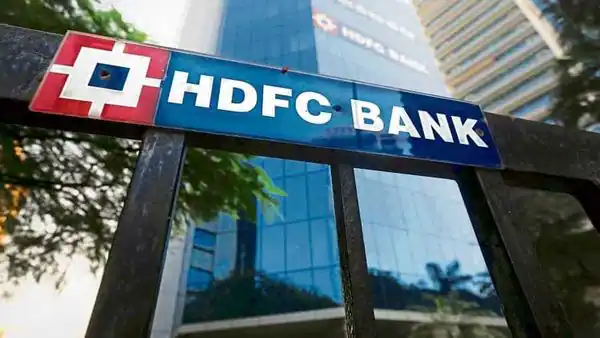In an announcement made on Tuesday, HDFC Bank Group revealed that it has obtained approval from the Reserve Bank of India (RBI) to acquire an “aggregate holding” of up to 9.5% of the paid-up share capital or voting rights in six prominent banks. These include Axis Bank, Survoday Small Finance Bank, ICICI Bank, Bandhan Bank, YES Bank, and IndusInd Bank.
The approval, disclosed in a regulatory filing by HDFC Bank, follows applications submitted to the RBI on December 18, 2023. According to the filing, RBI’s approval is valid for one year from the date of the RBI’s letter, extending until February 4, 2025. HDFC Bank must ensure that its “aggregate holding” in the mentioned banks remains within the 9.5% limit of the paid-up share capital or voting rights at all times.
It’s important to note that HDFC Bank clarified it does not intend to invest in these banks directly. However, as the holding was expected to surpass 5%, necessitating approval under RBI rules, HDFC Bank applied to expand its investment limits. The application to the RBI was made on behalf of the HDFC Group, which encompasses HDFC Bank, HDFC Mutual Fund, HDFC Life Insurance Company Limited, HDFC ERGO General Insurance Company Limited, and other entities.
The announcement made by HDFC Bank was mirrored in separate regulatory filings by the banks involved. According to these filings, RBI has specified that the approval will be revoked if the applicant fails to acquire major shareholding within one year from the date of the RBI’s letter.
As of 10:45 am, YES Bank surged by 9.69% to trade at Rs 25.01 apiece on the BSE, while ICICI Bank saw a modest increase of 0.3%, trading at Rs 1,027.05 per share. However, Axis Bank, Bandhan Bank, and IndusInd Bank were trading in the negative territory. Axis Bank was down 0.82% at Rs 1,053.8 per share, Bandhan Bank faced nearly a 1% decline, trading at Rs 220.7 per share, and IndusInd Bank witnessed a drop of over 1.5%, reaching Rs 1,515.55 per share.
In conclusion, HDFC Bank’s approval to acquire stakes in the mentioned banks marks a significant move in the financial landscape. It reflects strategic maneuvers in line with regulatory requirements and underscores the dynamic nature of banking investments in India.







